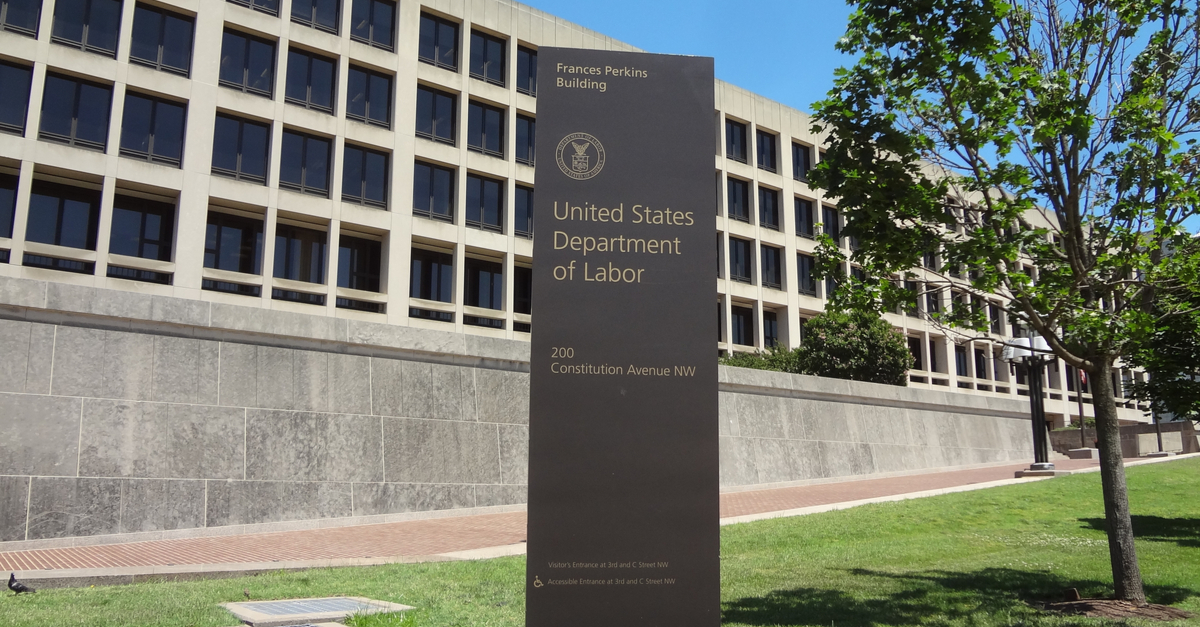In the world of non-competes, trade secrets and other restrictive covenants, an injunction is one of the most potent weapons. Injunctions are often used against a breach or threatened breach of a restrictive covenant agreement or threatened or actual misappropriation of trade secrets. However, what happens when someone is violating a non-compete or stealing information during a pandemic when the courts are operating at extremely limited capacity and only handling the most exigent cases? There can be no doubt that the potential harm to a business is just as real during a pandemic as at any other time (if not more so), but some perspective is always healthy.
Be Judicious When Seeking Injunctions During a Time of National Crisis
Below is an excerpt from an order explaining how Judge Steve C. Seeger of the Northern District of Illinois sees the issue. While the case involved trademark infringement, rather than a restrictive covenant or trade secret, and every judge may not see it the same way, litigants and their lawyers will need to be judicious when seeking injunctions during this time of national crisis. Of course, judges may be doing their part to try to maintain “business as usual” and to keep the courts as available as possible during this crisis, so an employer that is being irreparably harmed by the conduct of a departing employee should not necessarily refrain entirely from seeking appropriate relief from a court.
This case involves counterfeit unicorn drawings. The complaint includes a few examples of products that allegedly infringe Plaintiff’s trademarks, which offer “striking designs and lifelike portrayals of fantasy subjects.” One example is a puzzle of an elf-like creature embracing the head of a unicorn on a beach. Another is a hand purse with a large purple heart, filled with the interlocking heads of two amorous-looking unicorns. There are phone cases featuring elves and unicorns, and a unicorn running beneath a castle lit by a full moon.
Meanwhile, the world is in the midst of a global pandemic. The President has declared a national emergency. The Governor has issued a state-wide health emergency. As things stand, the government has forced all restaurants and bars in Chicago to shut their doors, and the schools are closed, too. The government has encouraged everyone to stay home, to keep infections to a minimum and help contain the fast-developing public health emergency.
The United States District Court for the Northern District of Illinois took action last week to protect the public, issuing General Order No. 20-0012 entitled IN RE: CORONAVIRUS COVID-19 PUBLIC EMERGENCY (bold and all caps in original). On March 16, the Executive Committee issued an amended Order that, among other things, holds all civil litigation in abeyance.
Last week, Plaintiff filed a motion for a temporary restraining order against the Defendants (who are located abroad) and requested a hearing. This Court thought that it was a bad time to hold a hearing on the motion. So, this Court moved the hearing by a few weeks to protect the health and safety of our community, including counsel and this Court’s staff. Waiting a few weeks seemed prudent.
Plaintiff has not demonstrated that it will suffer an irreparable injury from waiting a few weeks. At worst, Defendants might sell a few more counterfeit products in the meantime. But Plaintiff makes no showing about the anticipated loss of sales. One wonders if the fake fantasy products are experiencing brisk sales at the moment.
On the flipside, a hearing—even a telephonic one—would take time and consume valuable court resources, especially given the girth of Plaintiff’s filings. And the proposed temporary restraining order would require the attention of innocent third parties, and create a cascade of obligations. Plaintiff wants to force financial institutions to lock down accounts, and require domain name registries to shut down websites, for example. Plaintiff requests an order forcing innocent third parties—such as Amazon, eBay, PayPal, Alibaba, Western Union, plus social media platforms such as “Facebook, YouTube, LinkedIn, Twitter,” plus internet search engines such as “Google, Bing and Yahoo,” among others—to spring into action within two or three days. Either the order would be a nullity, or it would distract people who may have bigger problems on their hands right now.
In response, Plaintiff Art Ask Agency and its counsel filed a motion for reconsideration. They ask this Court to re-think its scheduling order. They want a hearing this week (telephonically if need be).
Plaintiff recognizes that the community is in the midst of a “coronavirus pandemic.” But Plaintiff argues that it will suffer an “irreparable injury” if this Court does not hold a hearing this week and immediately put a stop to the infringing unicorns and the knock-off elves. To top it off, Plaintiff noticed the motion for a hearing on March 19, 2020, a day that has been blocked off on the Court’s calendar—as revealed on its webpage—for several weeks. See www.ilnd.uscourts.gov (last visited March 16, 2020) (“The Honorable Steven C. Seeger will not be holding court on Thursday, March 19, 2020 ….”).
Meanwhile, the Clerk’s Office is operating with “limited staff.” See Amended General Order No. 20-0012, at ¶ 5. “[P]hone conferencing” is available “in emergency situations and where resources permit.” The Court can still hear emergency motions, but resources are stretched and time is at a premium. If there’s ever a time when emergency motions should be limited to genuine emergencies, now’s the time.
Thirty minutes ago, this Court learned that Plaintiff filed yet another emergency motion. They teed it up in front of the designated emergency judge, and thus consumed the attention of the Chief Judge. The filing calls to mind the sage words of Elihu Root: “About half of the practice of a decent lawyer is telling would-be clients that they are damned fools and should stop.”
The world is facing a real emergency. Plaintiff is not. The motion to reconsider the scheduling order is denied.
Art Ask Agency, Inc. v. [Various Defendants], in the United States District Court for the Northern District of Illinois, Case No.: 20-cv-1666.
Benjamin Fink is known for his work in noncompete, trade secret and competition-related disputes. A shareholder at Berman Fink Van Horn, Ben concentrates his practice in business and employment litigation.

